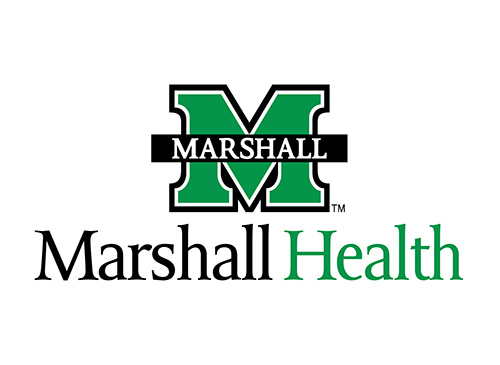HUNTINGTON, W.Va. — When viruses spread, they replicate and a Marshall Health doctor said that replication was producing the coronavirus variants that were being identified across the U.S. through January.

“It’s not unexpected that this is happening. I think the concern is that they will continue to replicate,” said Dr. Kara Willenburg, assistant professor and section chief for infectious diseases at Marshall Health and the Marshall University Joan C. Edwards School of Medicine.
Additionally, Dr. Willenburg serves as the medical director of infection prevention and antimicrobial stewardship at Cabell Huntington Hospital.
“The U.K. variant and it looks as though probably the South African variant, they’re more transmissible. They don’t appear more lethal, but they’re more transmissible which could lead to more deaths if more people are infected.”
Variants have the potential to change the effectiveness of coronavirus vaccines.
Dr. Willenburg spoke with MetroNews the day the first U.S. cases of the South Africa variant were confirmed in two people in South Carolina with no known connections to one another and no travel history.
Earlier this week, a variant first identified in Brazil was confirmed in Minnesota.
As of Friday morning, more than two dozen states had seen cases involving the variant originally identified in the United Kingdom.
Officials with the Centers for Disease Control and Prevention have said the U.K. variant could be the most prevalent form of coronavirus in the U.S. by March.
Variants are identified through genome sequencing.
No cases of the variants were being reported in West Virginia, again as of Friday morning, but Dr. Willenburg said it was highly likely that variants were circulating in the Mountain State.
“What needs to happen is that we need to reduce transmission of the virus as quickly and as best we can,” she said.
“The strategies to do that are masking, social distancing — the things that we’ve been doing — as well as getting as many people vaccinated as soon as possible.”
As a health care professional, Dr. Willenburg is one of the more than 51,000 West Virginians now fully vaccinated with either Pfizer vaccines or Moderna vaccines which require two shots.
She said she experienced minor side effects which she described as a headache and fatigue after her first shot and what felt like the very early stages of the flu immediately after her second shot which went away quickly.
“You should get whatever vaccine is available to you when it’s available to you,” was her advice to Mountain State residents.
“We encourage everyone to get vaccinated so we can stop the spread of the virus.”
Both the Pfizer and Moderna vaccines are said to be more than 90 percent effective.
On Friday, Johnson and Johnson released findings from late-stage vaccine trials in the U.S. and seven other countries for the company’s single-dose vaccine candidate which does not require cold storage.
Overall, the vaccine was said to be 66 percent effective at preventing moderate to severe illnesses and 85 percent effective in the most severe COVID-19 cases.
An application for emergency use authorization for the Johnson and Johnson vaccine could be submitted to the U.S. Food and Drug Administration as early as next week.
FDA approval may follow before the end of February.
Of concern, though, was that the Johnson and Johnson vaccine efficacy rate of 72 percent specifically in the U.S. dropped to 57 percent in South Africa, where the South Africa variant is believed to be the predominant strain.


